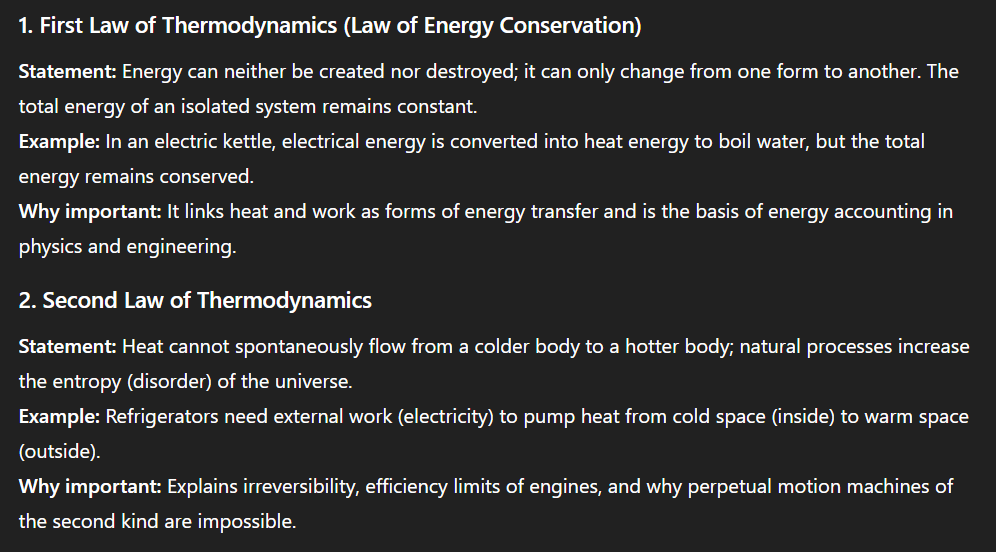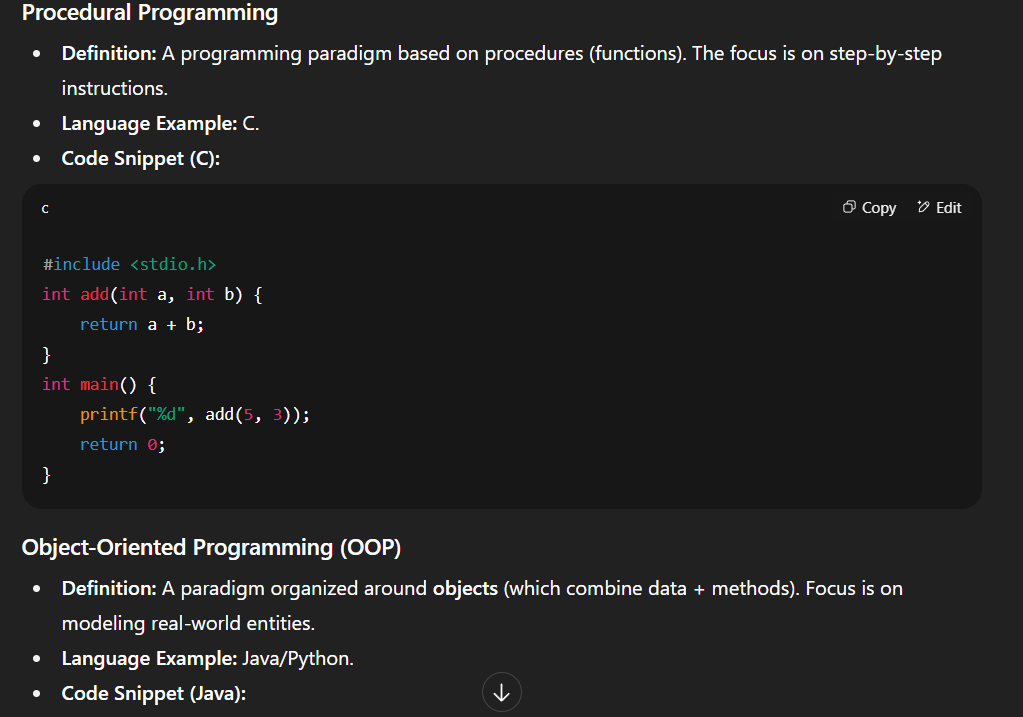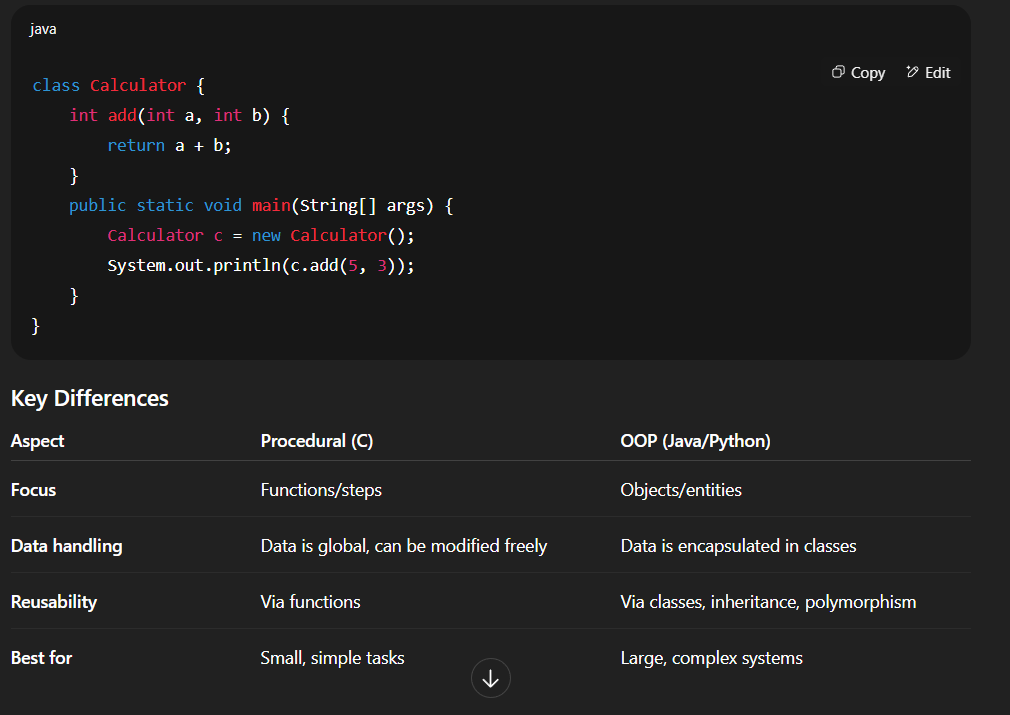How to Study For BSc with ChatGPT ?
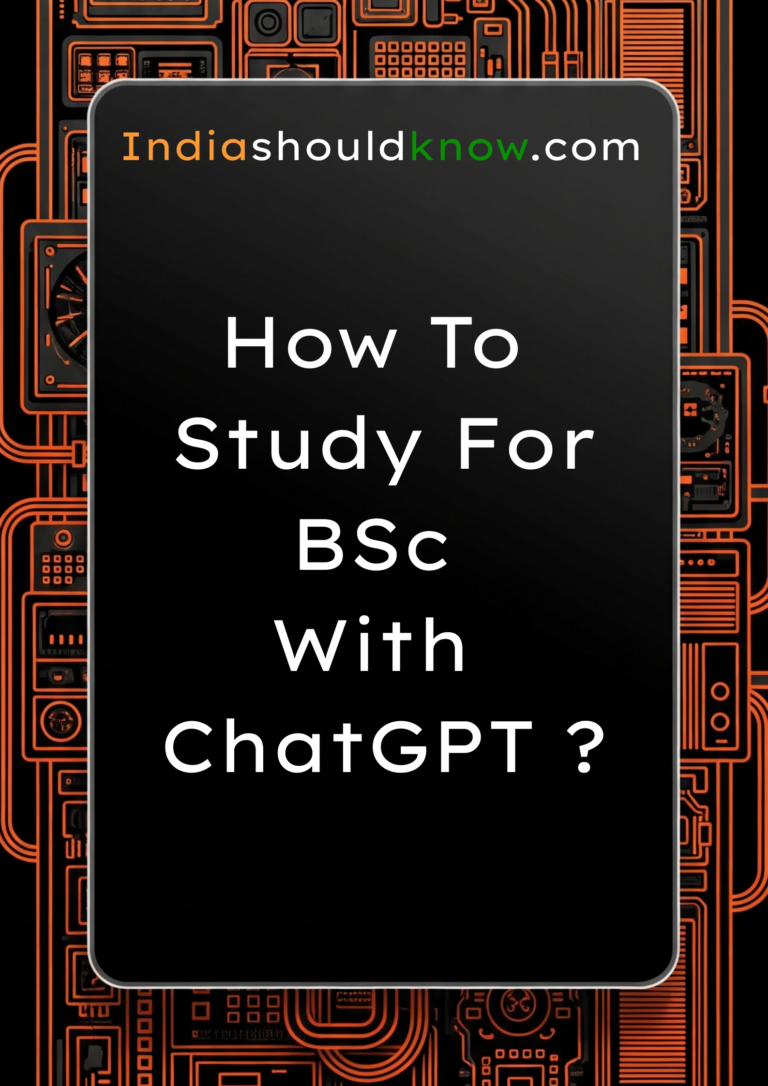
Index
- Introduction – Boosting Your BSc Studies With ChatGPT AI.
- How To Use ChatGPT Methods For BSc Prep.
- Examples About Using Google Gemini Prompts For BSc Subjects.
- Practice Using AI & Prompting With Google AI Chatbot.
- Conclusion
- FAQs.
- Related Articles.
How to Study for BSc Brilliance with ChatGPT
The Bachelor of Science (BSc) is a foundational undergraduate course offering in-depth knowledge in core disciplines like Physics, Chemistry, Biology, Mathematics, Computer Science, and Environmental Science. To excel, students need conceptual clarity, application-based understanding, and the ability to solve a wide range of problems.
ChatGPT AI acts as a 360-degree learning assistant when paired with your textbooks, classroom notes, and online resources. Whether it’s explaining complex theories, solving numericals, or simplifying lab experiments, ChatGPT helps B.Sc students learn better, faster, and smarter.
I started using AI daily in November 2022 with ChatGPT’s release, and it’s truly boosted my digital career. I lean on tools like Google Gemini for various tasks, from improving skills to learning new ones. This constant AI help was instrumental in developing this website, showing its practical benefits firsthand. Working with AI can Really help you excel.
Lets take a look at how ChatGPT Can Support your BSc Course.
How Can ChatGPT Help with BSc Preparation ?
- Get clear answers and explanations for questions on Programming (like C++ or Python), Data Structures, Web Development, or any other BCA subject you’re studying.
- Easily discover helpful videos and books online to boost your BCA understanding.
- Get sample papers and tailored study materials for BCA to help you ace your exams.
- Find expert assistance for BCA project material, code examples, diagrams, and more.
Just to name a few, theres much more for you to find.
Ready to Learn how to study anything in your BSc syllabus with the help of OpenAI's powerful tool ChatGPT ?
All You Need is
- Your notes or your text book
Before you start, you need access to ChatGPT. You can either download the app or use it on your browser:
On mobile (iOS or Android):
Download ChatGPT from the App Store
Download ChatGPT from Google PlayOn browser:
Visit ChatGPT on web
Create a free account or log in.
- Read this article to learn how
That’s All you need to make yourself a tutor ready to answer all your questions, at anytime for FREE !!!
And remember to share this article with anyone you think may need it.
How To Use ChatGPT Input Method's For BSc.
1. Text Prompts

Type questions from your syllabus, theory explanations, lab-related doubts, or assignment topics. ChatGPT will answer in detail, often offering step-by-step solutions and relevant examples.
Prompt Example: “Explain the Bohr model of the hydrogen atom.”
2. Voice Input
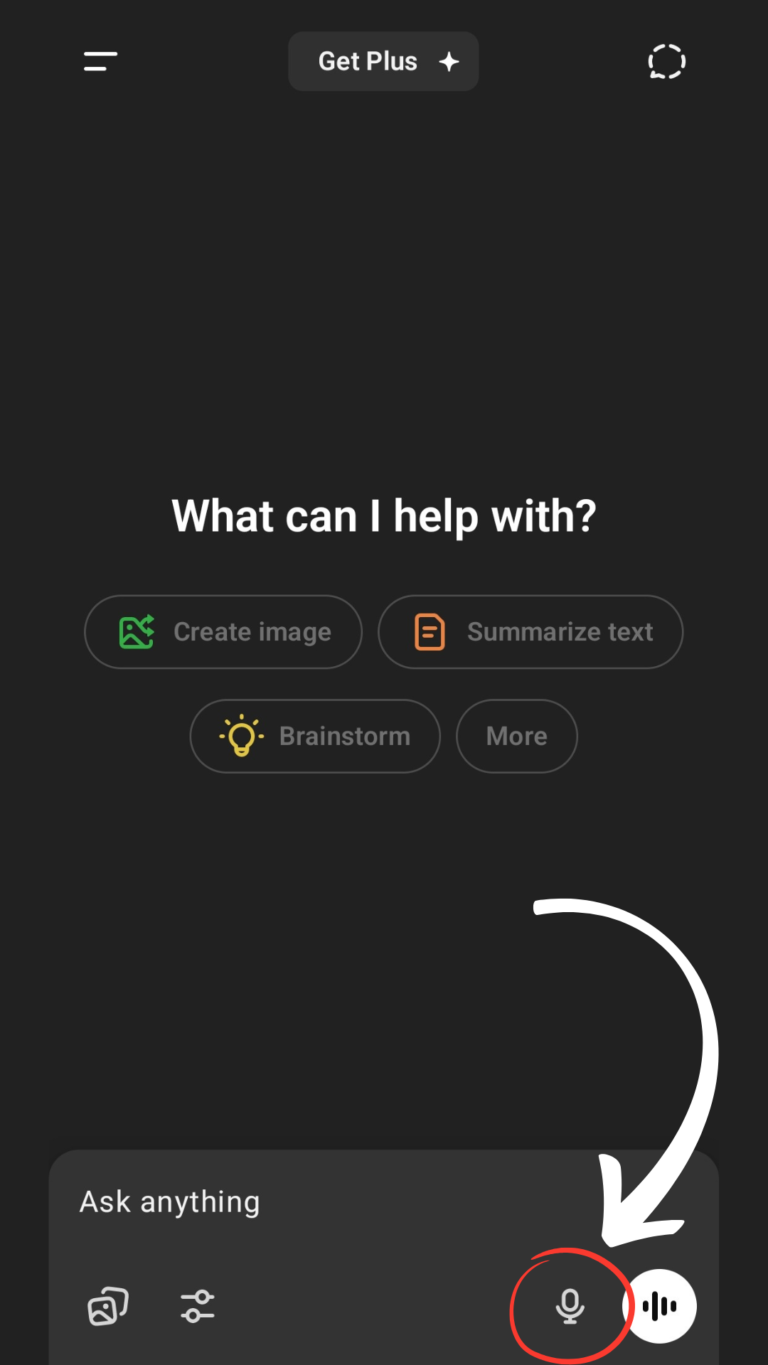
Use voice-to-text input to ask questions while on the move, during revision, or even while doing practical’s.
Prompt Example (Spoken): “What’s the difference between mitosis and meiosis?”
3. Image Input
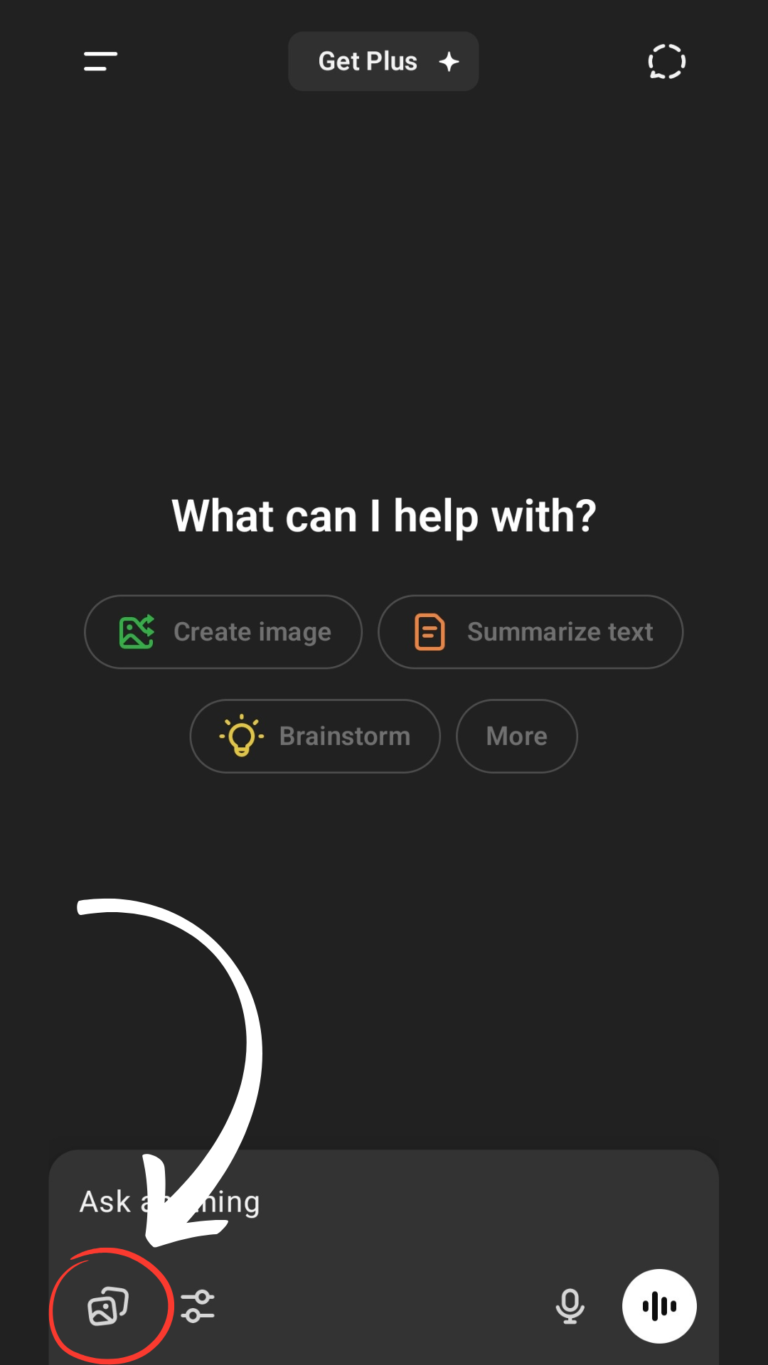
Upload a photo of a difficult question, lab experiment, or chart from your textbook. ChatGPT can read and interpret the image to provide accurate answers or clarifications.
Prompt Example: “Explain this diagram of the Krebs cycle from my textbook.”
BSc Subject preparation using ChatGPT, Some Specific Examples :
Example 1: BSc – Physics
Explain the laws of thermodynamics with real-life examples.
Your ChatGPT Text Prompt
“Explain the First, Second, and Third Laws of Thermodynamics in simple language. Include the law in statement form, give at least one real-world example for each, and briefly mention why the law matters in physics.”
How ChatGPT Will Answer (Like a Personal Tutor):
ChatGPT currently supports 20 Indian languages. Some are - Hindi, Bengali, Gujarati, Kannada, Malayalam, Marathi, Tamil, Telugu, and Urdu.
Click to enlarge.
Click to enlarge.
Example 2: BSc – Chemistry
What is hybridization in chemistry? Explain types with examples.
Your ChatGPT Text Prompt
“Explain hybridization in simple terms. Cover sp, sp², and sp³ hybridization with their orbital diagrams, shapes, bond angles, and common molecular examples. Show why hybridization is useful in predicting geometry.”
How ChatGPT Will Answer (Like a Personal Tutor):
ChatGPT currently supports 20 Indian languages. Some are - Hindi, Bengali, Gujarati, Kannada, Malayalam, Marathi, Tamil, Telugu, and Urdu.
Click to enlarge.
Example 3: BSc – Computer Science
What is the difference between procedural and object-oriented programming?
Your ChatGPT Text Prompt
“Explain procedural vs. object-oriented programming. Define each approach, list at least four differences (structure, reuse, data handling, examples), and provide short code snippets in C (procedural) and Java/Python (OOP). Mention when each paradigm is more useful.”
How ChatGPT Will Answer (Like a Personal Tutor):
ChatGPT currently supports 20 Indian languages. Some are - Hindi, Bengali, Gujarati, Kannada, Malayalam, Marathi, Tamil, Telugu, and Urdu.
Click to enlarge.
Click to enlarge.
Practice and Perfect Your Prompts with Our AI Tutor (Powered By Gemini)
How It Works –
- Choose Your Course: Select the subject you want to practice.
Get Your Question: Our AI will ask you a question from the official syllabus.
Write Your Prompt: Try to get the answer by writing the best prompt you can.
Receive Instant Feedback: The AI will provide the correct answer and review your prompt, giving you tips to make it better.
AI Study Assistant
Your Path To BSc Success with AI Guidance
Whether you’re studying core sciences or interdisciplinary subjects in your B.Sc curriculum, ChatGPT is your intelligent and responsive virtual tutor. With capabilities to:
Break down complex theories into simple language
Solve numerical problems with step-by-step solutions
Generate summaries, definitions, diagrams, and practice questions
Provide coding examples, lab explanations, and even research ideas
Support voice, text, and image-based learning
…ChatGPT empowers B.Sc students to study more efficiently and perform better academically.
In the age of smart learning, ChatGPT transforms traditional study methods into an interactive, on-demand educational experience — accessible anytime, anywhere.
Written By
Prateek Singh.
Last Updated – August, 2025
About The Author
Prateek Singh believes the best way to learn is to get your hands dirty. He went from talking to customers in sales to building the online platforms they use. IndiaShouldKnow.com is his way of sharing that practical, hands-on knowledge with you.
FAQs About Using AI.
Q: Can I trust every answer an AI tool gives me for my studies?
A: No, you should not trust every answer completely. Think of an AI as a super-smart assistant that has read most of the internet—but not every book in the library is accurate.
AI can sometimes make mistakes, misunderstand your question, or use outdated information.
It can even “hallucinate,” which means it confidently makes up an answer that sounds real but is completely false.
Rule of Thumb: Use AI answers as a great starting point, but never as the final, absolute truth. Always double-check important facts.
Q: How can I verify the information I get from an AI for my academic work?
A: Verifying information is a crucial skill. It’s like being a detective for facts. Here are four simple steps:
Check Your Course Material: Is the AI’s answer consistent with what your textbook, lecture notes, or professor says? This is your most reliable source.
Look for Reputable Sources: Ask the AI for its sources or search for the information online. Look for links from universities (.edu), government sites (.gov), respected news organizations, or published academic journals.
Cross-Reference: Ask a different AI the same question, or type your question into a standard search engine like Google. If multiple reliable sources give the same answer, it’s more likely to be correct.
Use Common Sense: If an answer seems too perfect, too strange, or too good to be true, be extra skeptical and investigate it further.
Q: What is the difference between using AI for research and using it to plagiarize?
A: This is a very important difference. It’s all about who is doing the thinking.
Using AI for Research (Good ✅):
Brainstorming topics for a paper.
Asking for a simple explanation of a complex theory.
Finding keywords to use in your library search.
Getting feedback on your grammar and sentence structure.
You are using AI as a tool to help you think and write better.
Using AI to Plagiarize (Bad ❌):
Copying and pasting an AI-generated answer directly into your assignment.
Asking the AI to write an entire essay or paragraph for you.
Slightly rephrasing an AI’s answer and submitting it as your own original thought.
You are letting the AI do the thinking and work for you.
Q: How can I use AI ethically to support my learning without violating my school's academic honesty policy?
A: Using AI ethically means using it to learn, not to cheat. Here’s how:
Know the Rules: First and foremost, read your school’s or professor’s policy on using AI tools. This is the most important step.
Be the Author: The final work you submit must be yours. Your ideas, your structure, and your arguments. Use AI as a guide, not the writer.
Do the Heavy Lifting: Use AI to understand a topic, but then close the chat and write your summary or solve the problem yourself to make sure you have actually learned it.
Be Transparent: If you used an AI in a significant way (like for brainstorming), ask your professor if you should mention it. Honesty is always the best policy.
Q: Can an AI's answer be biased? How can I detect this in its responses?
A: Yes, an AI’s answer can definitely be biased. Since AI learns from the vast amount of text on the internet written by humans, it can pick up and repeat human biases.
Here’s how to spot potential bias:
Look for Opinions: Does the answer present a strong opinion as a fact?
Check for One-Sidedness: On a topic with multiple viewpoints (like politics or economics), does the AI only show one side of the argument?
Watch for Stereotypes: Does the answer use generalizations about groups of people based on their race, gender, nationality, or other characteristics?
To avoid being misled by bias, always try to get information from multiple, varied sources.
Q: Is it safe to upload my personal notes, research papers, or assignments to an AI tool?
A: It is best to be very careful. You should not consider your conversations with most public AI tools to be private.
Many AI companies use your conversations to train their systems, which means employees or contractors might read them.
There is always a risk of data breaches or leaks.
A Simple Safety Rule: Do not upload or paste any sensitive information that you would not want a stranger to see. This includes:
Personal identification details.
Confidential research or unpublished papers.
Your school assignments before you submit them.
Any financial or private data.
Related Articles
Sign Up for Our Newsletter To Learn More About the Latest In AI And Learn How To Use It.
Unlock your learning potential and stay ahead in the age of AI! Join the IndiaShouldKnow.com newsletter to discover how to seamlessly integrate AI into your studies for school, entrance exams, college courses, for your Career and Life. Plus, get the latest insights on cutting-edge AI tools that can empower your career and enrich your life. Subscribe now for monthly updates.

